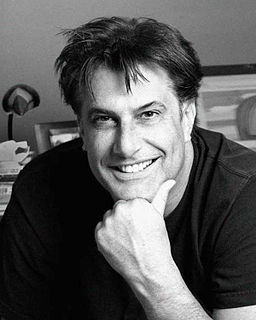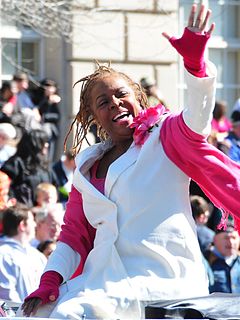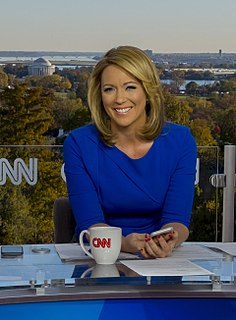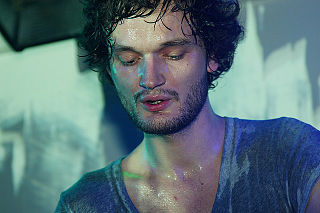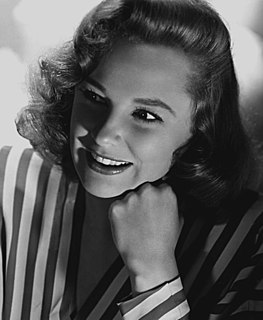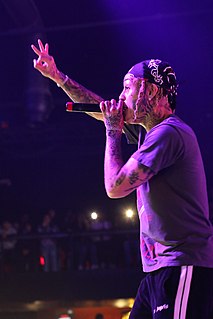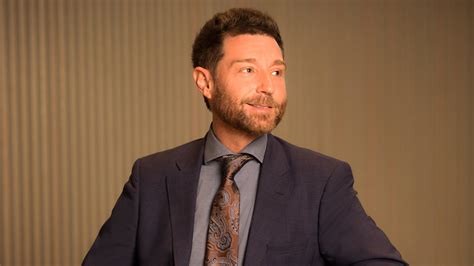A Quote by Joe Murray
Since this was the first and only series I had ever produced, I was unaware of what the 'Normal' environment was for a studio. I tried to run it as I did in my SF studio.
Related Quotes
I don't use any real vintage hardware any longer. That's always been the object as far as gaining control of the studio environment, going back to when I built my first studio, Secret Sound, in New York City. The whole point was to not have to pay studio bills anymore and not be looking at the clock.
I think from age 13, 14, 15, I thought, yes, this rich studio produced music is the future, but it can't be the future to go run away into the recording studio. How can we take that kind of complexity and richness and make it possible for people to touch it and play it live. That's what hyperinstruments are.
I was amazed at how the life of a freelancer differed from running a remote studio for another company. I thought I knew what I was doing in 2004 when I left Eidos because I had run Ion Storm Austin, which was my own independent studio. I had run a business unit inside Origin, but being part of a startup is crazy.
When I was in my late twenties, a friend suggested that, since I was an avid SF reader and had been since I was barely a teenager, that since it didn't look like the poetry was going where I wanted, I might try writing a science fiction story. I did, and the first story I ever wrote was 'The Great American Economy.'
The only parental authority I had was the studio. When I was a star, there was always somebody with me, to guard me. I was not allowed to be photographed with a cigarette, a drink, a cup of coffee or even a glass of water because someone might think it was liquor. When I left the studio I was already married and had two children, but I felt as sad as a child leaving home for the first time.
